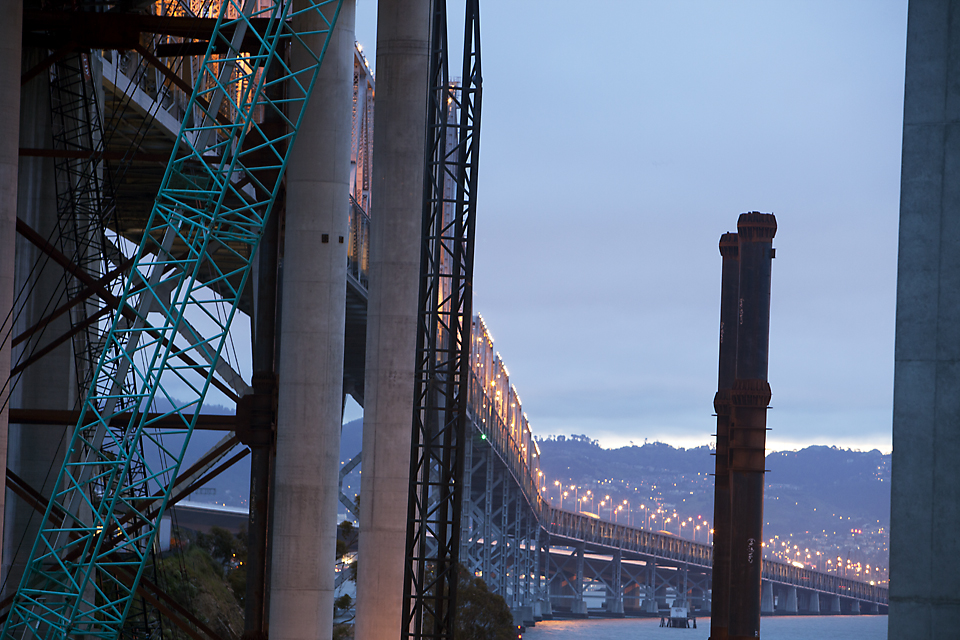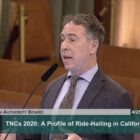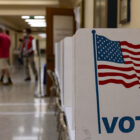Commuters on the Bay Bridge will have to shell out more cash starting Thursday, a result of toll hikes on all seven state-owned bridges in the region.
Tolls will rise to $6 during rush hour periods from 5 to 10 a.m. and 3 to 7 p.m., Monday through Friday. All other crossing times during the week will continue to cost $4. Weekend trips to the city will now cost commuters $5.
Meanwhile, carpool lanes will now require a FasTrak transponder, in addition to three or more passengers, in most circumstances. Two-seater cars with two passengers, motorcycles and hybrid cars will still be allowed to use the lane — again, with FasTrak passes. The lanes will cost $2.50 for drivers.
People who don’t have FasTrak and cross the bridge in carpool lanes have been advised not to worry too much about getting in the right lane.
“Do not stop at the toll plaza (in the carpool lanes); do not back up; do not try to jump into a nearby lane,” John Goodwin, a spokesman for the Bay Area Toll Authority, told the San Francisco Chronicle. “Safety is our top priority.”
FasTrak will also waive the fine for first-time toll violators if they open an account within 30 days of the incident, according to the program’s website.
The Bay Area Toll Authority decided upon the fee hike in late January.
The Bay Bridge is the first and only bridge in the area to charge congestion prices. On the six other state-owned bridges in the Bay Area — the Antioch, Benicia-Martinez, Carquinez, Dumbarton, Richmond-San Rafael and San Mateo-Hayward bridges — tolls will rise to $5 at all times.
The tolls are expected to generate an additional $165 million a year for BATA. The money will be used to seismically retrofit the Dumbarton Bridge, which connects Menlo Park to Fremont, and the Antioch Bridge, which connects Antioch to Sherman Island, by 2013 and 2012 respectively. It will also be used to make up for revenue lost on toll bridges since 2003.
The plan to raise tolls was approved after four public hearings were held in the Bay Area in November and December 2009. The Golden Gate Bridge will not see a fee-hike as it is not in the jurisdiction of BATA.
Time-of-day pricing will be evaluated annually with the first report to arrive with the BATA Oversight Committee in July of next year.









